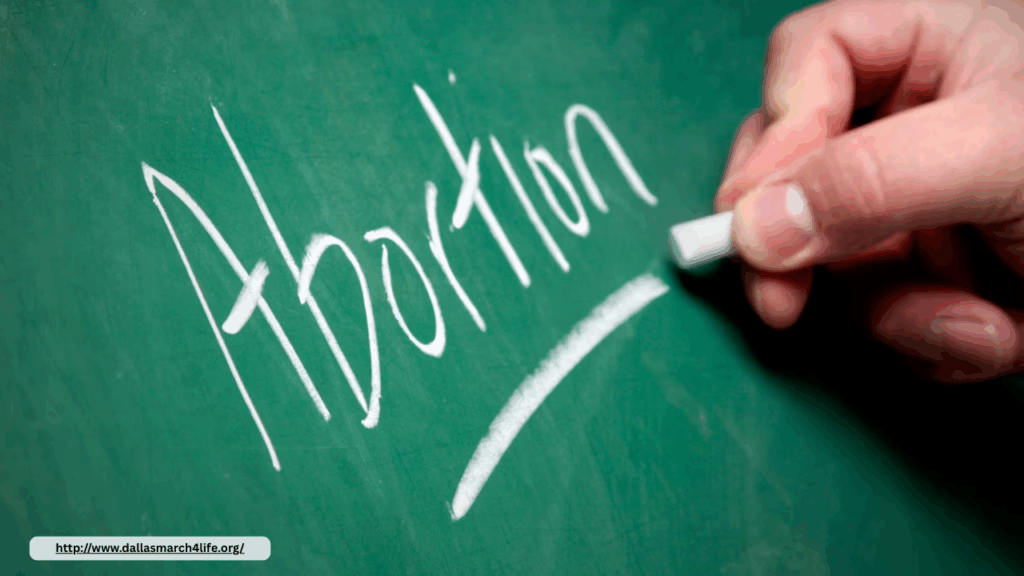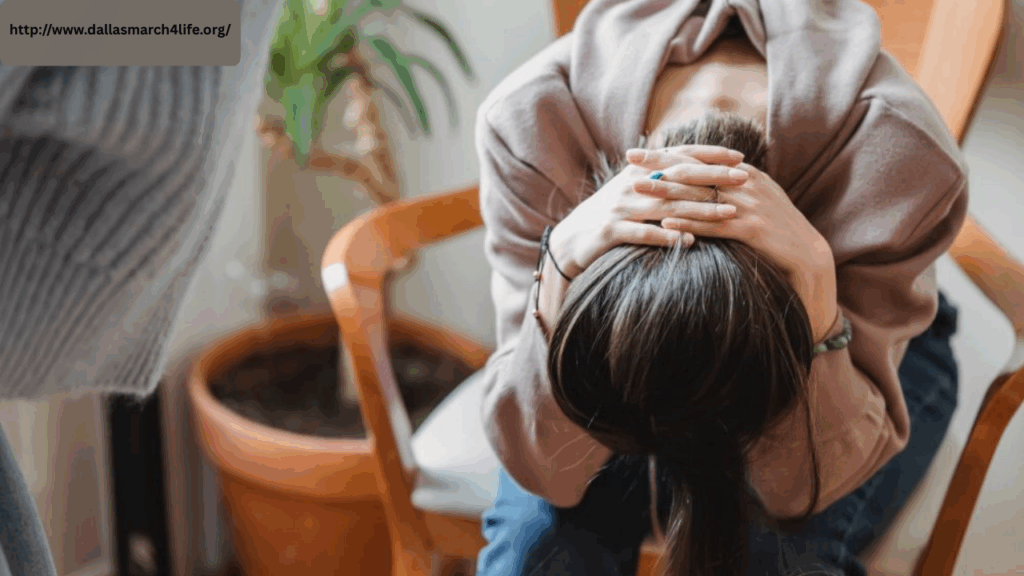
The decision to carry an unplanned pregnancy to term or to have an abortion can have significant emotional and psychological consequences. Mental health outcomes are often part of the discussion surrounding reproductive choices, yet the comparison between abortion and childbirth is complex and influenced by a range of personal, social, and contextual factors. Understanding how mental health outcomes differ—or do not differ—between these two paths is essential for informing public health policies and supporting individuals in making informed, compassionate decisions.
Emotional Complexity in Both Experiences
Both abortion and childbirth can lead to a wide range of emotions, including relief, anxiety, sadness, and joy. It is important to recognize that emotional responses to either choice are highly individual and cannot be universally predicted.
Abortion, particularly when chosen freely and with adequate support, often leads to a sense of relief for many women, especially in cases of unplanned or unwanted pregnancies. At the same time, some individuals may experience short-term emotional distress, such as guilt or sadness, especially if they felt conflicted about the decision.
Carrying an unplanned pregnancy to term may also bring about psychological challenges. These can include postpartum depression, anxiety, stress related to parenting, and regret, particularly for those who were not emotionally or financially prepared to raise a child or who felt pressured into continuing the pregnancy.
What the Research Says
A growing body of research has sought to clarify the mental health impacts of abortion compared to childbirth. A landmark study known as the Turnaway Study, conducted by Advancing New Standards in Reproductive Health (ANSIRH), followed women who sought abortions—some who received them and some who were denied. The study found that:
- Women who were denied abortions and carried their pregnancies to term reported more long-term mental health challenges, such as anxiety and lower life satisfaction, than those who were able to obtain an abortion.
- Those who had an abortion were not at a higher risk for depression, anxiety, or PTSD compared to those who gave birth.
- Relief was the most commonly reported emotion following an abortion, and negative emotions diminished over time.
These findings have been supported by the American Psychological Association, which has consistently stated that there is no evidence to suggest that abortion causes significant mental health problems. Instead, mental health outcomes are more strongly related to pre-existing mental health conditions, personal values, and the level of social support available.
The Role of Circumstances and Support
The mental health impact of either decision is shaped by context. For example, a woman who carries a wanted pregnancy to term is more likely to have positive mental health outcomes compared to one who carries a pregnancy due to external pressure or lack of options. Similarly, someone who feels supported in her decision to have an abortion is less likely to experience long-term emotional distress.
Conclusion
When comparing the mental health outcomes of abortion versus carrying to term, the evidence suggests that abortion does not pose greater psychological risks. In many cases, it can protect women’s mental well-being, particularly when the pregnancy is unwanted. The key to better outcomes lies in access to informed choices, supportive environments, and compassionate care—regardless of the path chosen.
